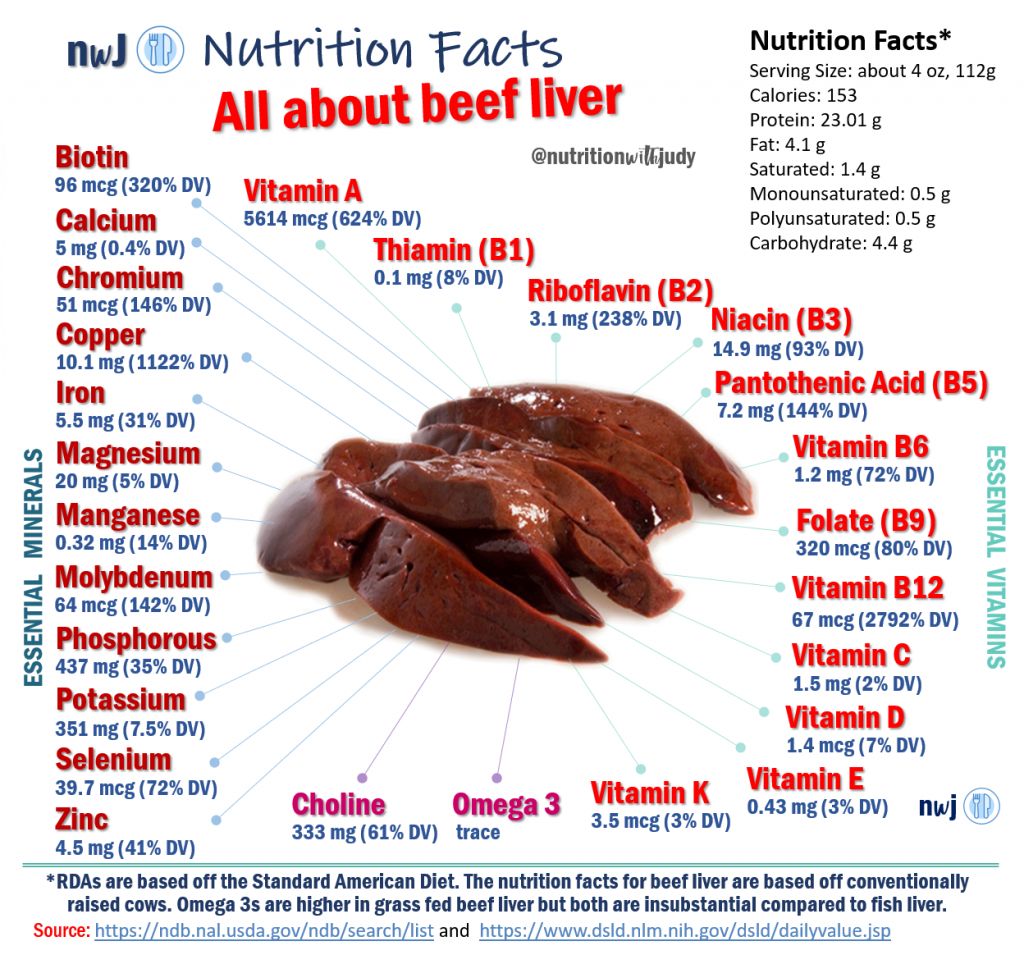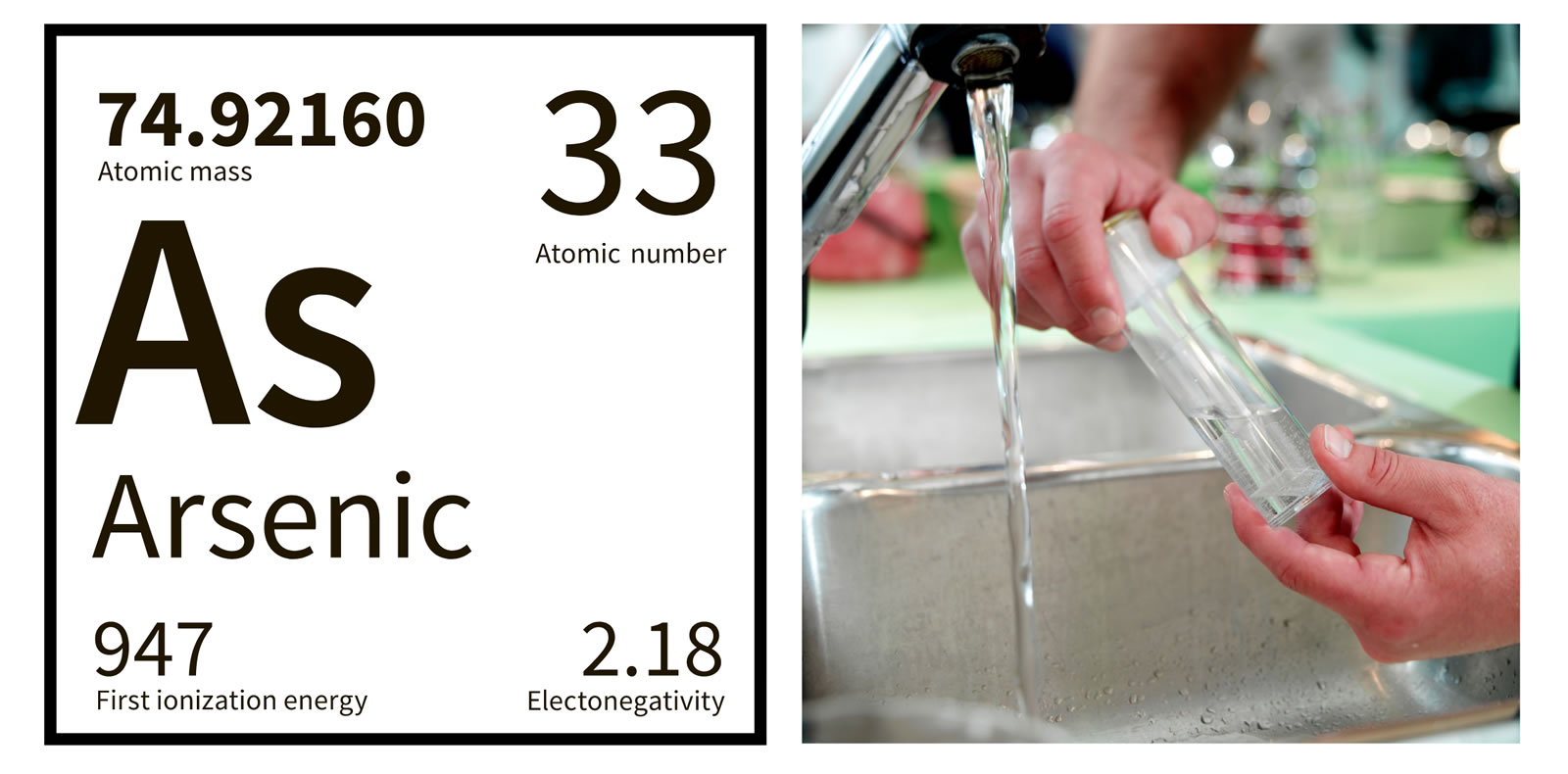
- 0 Comments
- BLOG Body Fat / Skin Cardiovascular / Circulatory Detoxification / Toxins Hormones / Endocrine Immune / Lymphatic Neurological / Psychological Skeletal
INTRODUCTION Did you know that many individuals in low and middle-income (even high income) countries struggle to get enough zinc, iron, folate, vitamin A, vitamin B12, and calcium?1 And are your wondering why these nutrients might be important? Look below: Article Link: Zinc Article Link: Iron Article Link: Folate Article Link: Vitamin A Article Link: […]
Read More
